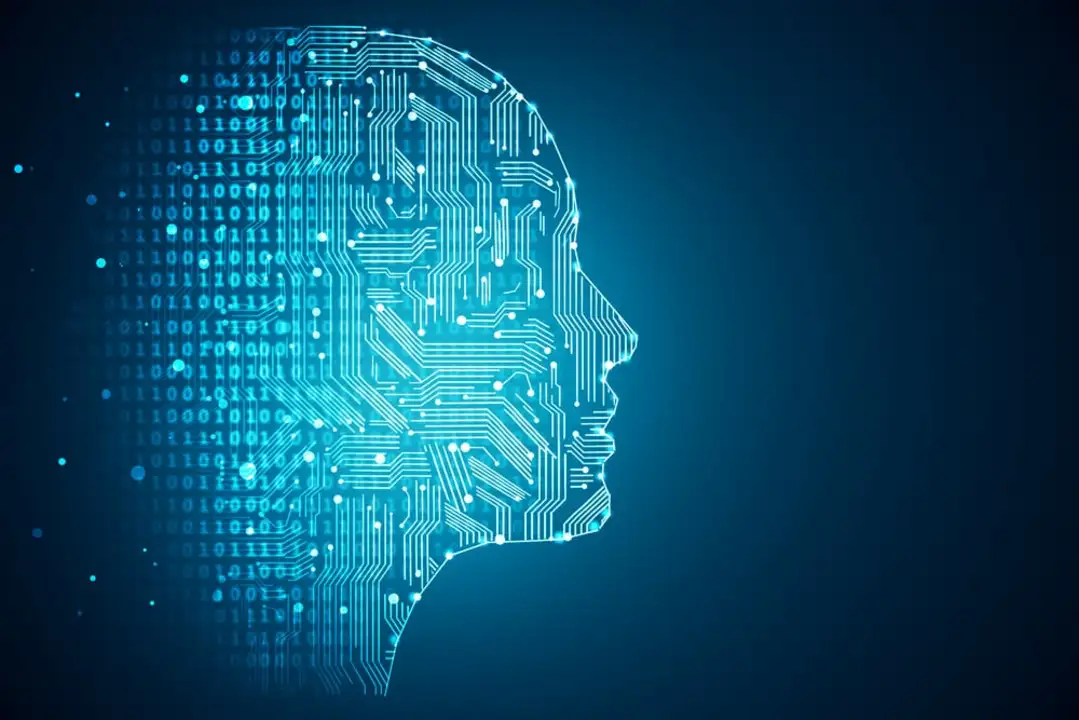Understanding the Hype Around Artificial Intelligence
As we progress further into the 21st century, there is no denying that artificial intelligence (AI) has become a hot topic. This revolutionary technology has been the subject of countless articles, podcasts, and TED talks, and it seems like everyone from industry titans to everyday individuals has an opinion on its potential impact. But is AI truly the game-changing innovation we are led to believe, or is it just another overhyped technology? In this article, we'll delve into the hype surrounding AI and its implications for our future.
The Promises and Potential of AI
When discussing AI, it's essential first to understand the many promises and potential applications that have fueled the hype surrounding it. At its core, AI is a collection of algorithms and techniques that allow machines to learn and make decisions based on data. This has led to breakthroughs in areas such as natural language processing, image recognition, and autonomous vehicles, just to name a few.
Proponents of AI argue that it has the potential to revolutionize industries, streamline processes, and improve our lives in countless ways. For example, AI-powered medical diagnostics can analyze vast amounts of data to identify patterns and predict health outcomes, potentially saving lives and reducing healthcare costs. Similarly, AI-driven automation can help businesses optimize their operations, freeing up human workers to focus on more creative and complex tasks.
Concerns and Criticisms
Despite the many potential benefits of AI, there are also legitimate concerns and criticisms about its impact on society. One of the most common worries is that AI will lead to widespread job displacement and unemployment. While it's true that AI has the potential to automate many tasks, it's also important to consider the new jobs that may be created in the process. For example, AI specialists, data analysts, and other tech-savvy roles are likely to be in high demand as AI continues to develop.
Another concern is the potential for AI to perpetuate existing biases and inequalities. As AI systems learn from data, they may inadvertently adopt the same prejudices and stereotypes present in the data. This has led to calls for greater transparency and accountability in AI development, as well as efforts to create more diverse and representative datasets.
Managing Expectations and Misconceptions
One reason AI may be considered overhyped is the prevalence of misconceptions and unrealistic expectations surrounding the technology. For instance, many people often conflate AI with general intelligence or human-like consciousness, while current AI systems are highly specialized and limited in their capabilities. This confusion can lead to inflated expectations about what AI can and cannot do, which in turn fuels the hype.
It's essential to understand the capabilities and limitations of AI and to be cautious of sensationalist claims. Some AI applications, such as facial recognition or personalized advertising, may raise privacy and ethical concerns that need to be carefully considered. Furthermore, AI is not a magic solution to all of our problems, and its effectiveness often depends on the quality of the data it is trained on and the expertise of the people developing and implementing it.
Finding a Balanced Perspective
Given the potential benefits and risks associated with AI, it's essential to strike a balance between optimism and skepticism. While it's important to recognize the transformative potential of AI, it's also crucial to be realistic about its limitations and consider the broader societal implications of its deployment.
As our understanding of AI continues to evolve, we must be willing to engage in honest and critical conversations about its impact on our lives. By doing so, we can work together to ensure that AI is developed and implemented in a way that benefits society as a whole and minimizes potential harm.
Conclusion: Is AI Overhyped?
Ultimately, whether or not AI is overhyped depends on one's perspective. There's no denying the transformative potential of AI and the many ways it has already begun to shape our world. However, it's also important to be aware of the limitations, risks, and ethical considerations that come with this technology.
By approaching AI with a balanced perspective and a healthy dose of skepticism, we can ensure that we harness its potential for good while minimizing its potential drawbacks. In doing so, we can work towards a future where AI is not just another overhyped technology, but a powerful tool that truly enriches and improves our lives.

